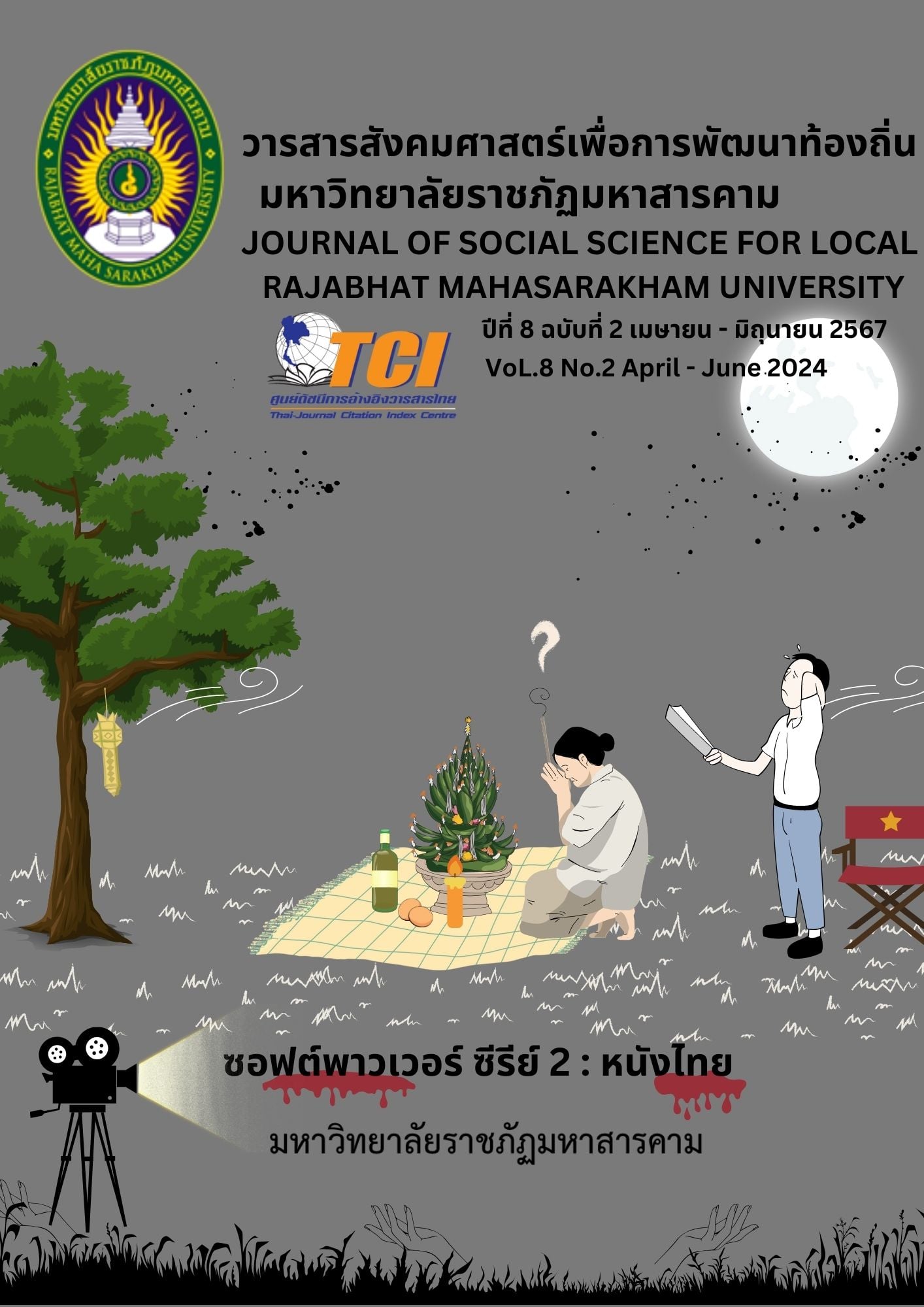ปัญหาทางกฎหมายในการบังคับใช้พระราชบัญญัติการรักษาความมั่นคงปลอดภัยไซเบอร์กับการคุ้มครองสิทธิและเสรีภาพตามรัฐธรรมนูญ
คำสำคัญ:
กฎหมายไซเบอร์, สิทธิและเสรีภาพ, ความมั่นคงไซเบอร์บทคัดย่อ
บทความวิชาการนี้ มีวัตถุประสงค์เพื่อนำเสนอปัญหาทางกฎหมายจากการบังคับใช้พระราชบัญญัติการรักษาความมั่นคงปลอดภัยไซเบอร์ พ.ศ. 2562 จากการศึกษาเอกสารทางวิชาการที่เกี่ยวข้อง ได้แก่ หนังสือ ตำรา งานวิจัย บทความวิชาการ และการวิเคราะห์เปรียบเทียบกับกฎหมายต่างประเทศ พบว่า 1) กฎหมายฉบับดังกล่าวมีวัตถุประสงค์ในการป้องกัน ระงับ ยับยั้ง ภัยความมั่นคงทางไซเบอร์อันอาจก่อให้เกิดผลกระทบกับสารสนเทศพื้นฐานสำคัญของรัฐ หรือความมั่นคงของรัฐ หรือความสงบเรียบร้อยของสังคม ซึ่งเป็นกฎหมายที่มีความจำเป็นแต่ในขณะเดียวกันก็มีลักษณะเป็นกฎหมายที่มุ่งควบคุมและปราบปรามอาชญากรรมเป็นสำคัญ จนอาจมีบางกรณีที่อาจนำไปสู่การละเมิดต่อสิทธิและเสรีภาพของประชาชนจนเกินสมควรได้ 2) เมื่อเกิดภัยความมั่นคงทางไซเบอร์ในระดับวิกฤติพนักงานเจ้าหน้าที่ตามพระราชบัญญัตินี้จะมีอำนาจเด็ดขาดในการกำหนดมาตรการที่เห็นว่าจำเป็นเพื่อดำเนินการให้บรรลุวัตถุประสงค์ของกฎหมาย โดยไม่จำเป็นต้องมีคำสั่งศาลก่อนการใช้อำนาจ นอกจากนี้ ผู้ที่ต้องอยู่ใต้บังคับของคำสั่งของคณะกรรมการรักษาความมั่นคงปลอดภัยไซเบอร์แห่งชาติยังไม่อาจอุทธรณ์คำสั่งดังกล่าวได้อีกด้วย 3) เมื่อเกิดภัยความมั่นคงทางไซเบอร์ในระดับร้ายแรง แม้ว่ากฎหมายจะกำหนดให้พนักงานเจ้าหน้าที่จะต้องได้รับคำสั่งจากศาลก่อนการใช้อำนาจตามมาตรา 66 แต่ผู้ที่ต้องอยู่ใต้บังคับของคำสั่งของคณะกรรมการรักษาความมั่นคงปลอดภัยไซเบอร์แห่งชาติก็ไม่อาจอุทธรณ์คำสั่งได้ และ 4) บทบัญญัติมาตรา 68 ที่ให้อำนาจเด็ดขาดแก่พนักงานเจ้าหน้าที่ และการห้ามมิให้อุทธรณ์ ตามมาตรา 69 เป็นบทบัญญัติที่ขัดต่อรัฐธรรมนูญ มาตรา 26 เนื่องจาก ขัดต่อหลักความได้สัดส่วนอันเป็นองค์ประกอบหนึ่งของหลักนิติรัฐ (นิติธรรม)



